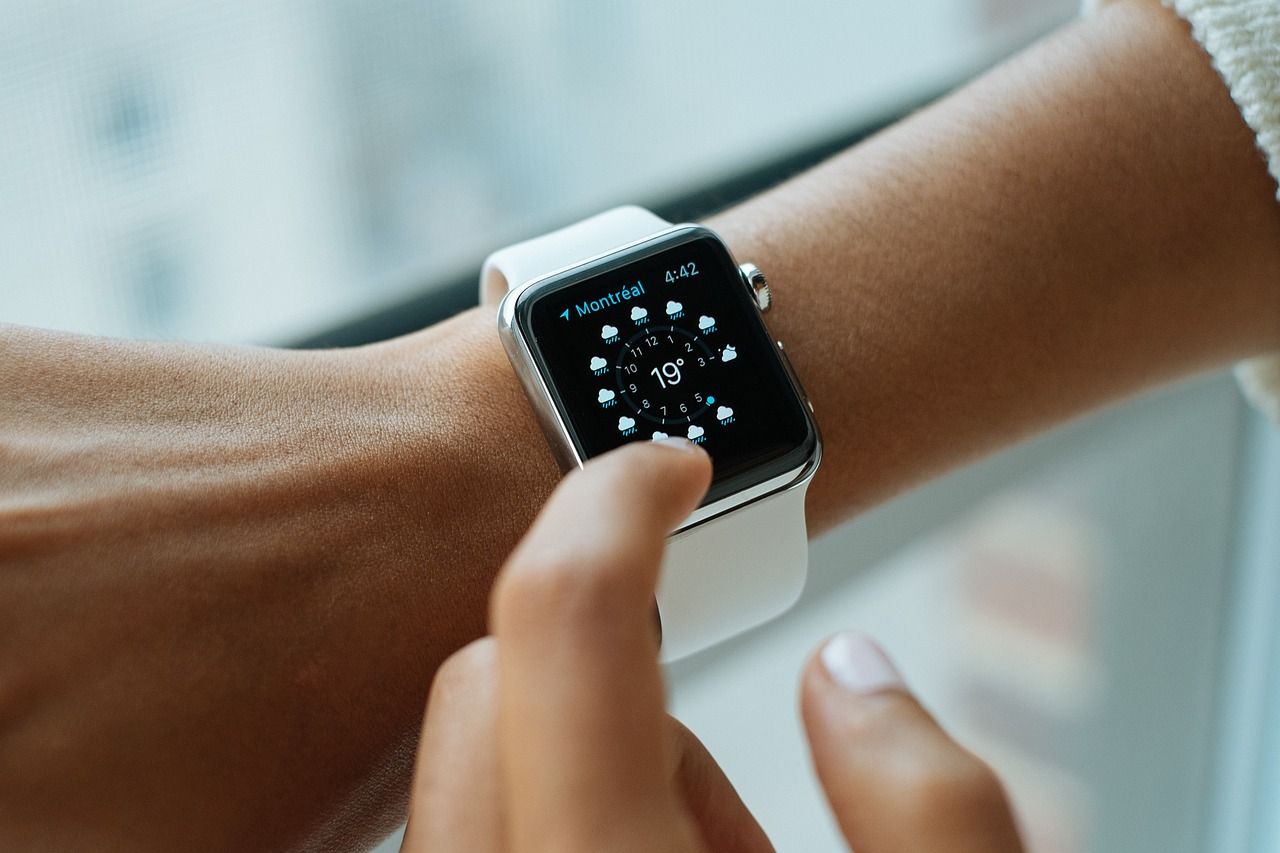Last Updated on March 29, 2023 by
Considering a smartwatch? Join the group. By 2021, unit shipments of smart watches for men are estimated to reach 81 million, and 2019 was the first full year in which Apple Watch sales outpaced those of the whole Swiss watch industry. Even the die-hard mechanical watch geeks appear to be coming around, adding the occasional smartwatch to the mix of classic mechanical clocks that, until recently, they couldn’t fathom throwing aside in favor of anything driven by a microprocessor.
So how can you know whether a smartwatch is good for you? It’s a tricky choice – a wristwatch might bring actual value to your life, but do we really need yet another screen in our lives? And if you’ve determined that you want one, how do you select which one is the ideal match for your lifestyle? Here are five things to ask yourself before you pull the trigger.
1. Do you truly need a smartwatch in the first place?
What do smart watches for men do, exactly? Well, many things: they can measure your sleep, enhance your workout program, notify you of incoming calls and texts, track your whereabouts on a map, and much, much more. However, there’s a greater existential issue to be addressed here: Namely, do you really need any of this garbage in your life?
All this information is there on your phone, which means it’s available to you pretty much all the time. But maybe having fitness monitoring alone is worth letting Apple control even more real estate on your body? If the response is a booming (or perhaps, a desultory) “yes,” then continue on. If not — if the very concept of further linking oneself to the Cloud makes your skin crawl, well then, reach back for your Timex, Rolex, or other “-ex,” as the case may be, and wear one of those goofy plastic sleeves on your arm as you rush to house your smartphone.
2. What are you going to be using the watch for?
This is a significant factor since smart watches for men have multiplied beyond the basic fitness tracker into virtually full-fledged computers. At the upper end, for example, is the LTE-equipped (cellular) version of the Apple Watch Series 5, which for all intents and purposes is a little wrist computer capable of all manner of smartphone-like activities. At the other end of the range is the Fitbit Charge 3, a sophisticated fitness tracker that, although it can’t make or receive calls, is more than capable of supplying all kinds of health-related facts. So identify what it is you need out of your wristwatch, and proceed from there — particularly given pricing disparities between more basic smartwatches and the top-of-the-line models.
3. How locked in a particular tech ecosystem are you?
If you’re an Apple devotee and an iPhone user, you’re going to want to stick with an Apple Watch, in all likelihood, as we stated in our guide to the Best Smart watches for men of 2019: “…the Apple Watch only works with an iPhone, and all smartwatches running Android 2.0 will work with any Android, via the Android Wear app, but not all iOS features will carry over and some of the apps work wonky together, such as iMessage and every Android messaging app.” This doesn’t mean that you can’t wear a fitness tracker to the gym and simply ignore compatibility with other devices, but it’s something to keep in mind.
4. Do you want to be able to use your smartwatch without a phone?
Being able to use your wristwatch independently of your phone entails numerous different things, depending on whether you want to make calls and get messages on it or not. You could go full out with a cellular-equipped Apple Watch, of course, which enables you to accomplish this (and also play music) independently of your phone. Then, there are simpler elegant watches such as the Samsung Galaxy Watch Active, which enables you to listen to stored Spotify playlists without being linked to your phone, and Fitbit devices, which need a computer or tablet with Bluetooth to synch but don’t require a mobile device for daily usage.
5. Will you be able to charge the watch during the day?
Sleep monitoring technology is a renowned battery sucker — meaning, if you want a smart watches for men tied to your wrist all night, you’re probably going to need to charge it throughout the day in ready for its 8-hour excursion. If you’re a daytime desk dweller, this generally won’t be much of a problem, but if you’re constantly moving or can’t otherwise charge your elegant watch, you may need to reconsider your charging plan — or have a wristwatch devoted to sleep monitoring. The Fitbit Versa 2, for example, boasts a six-day battery life.







